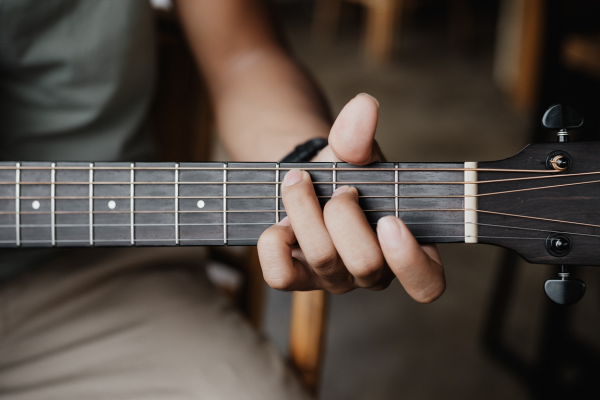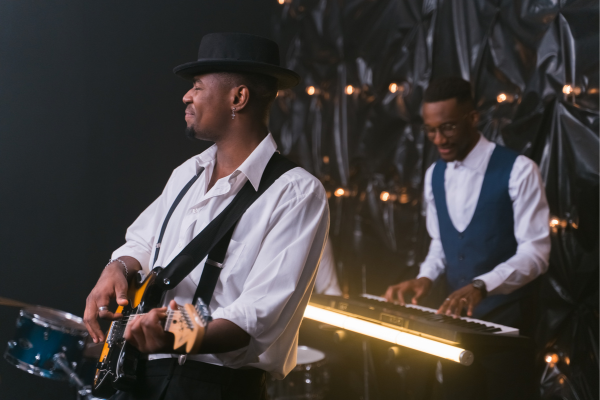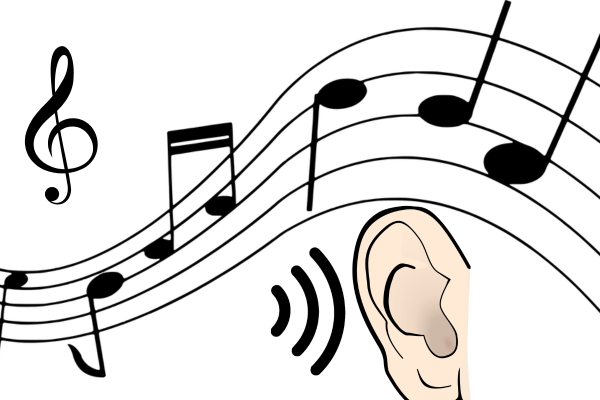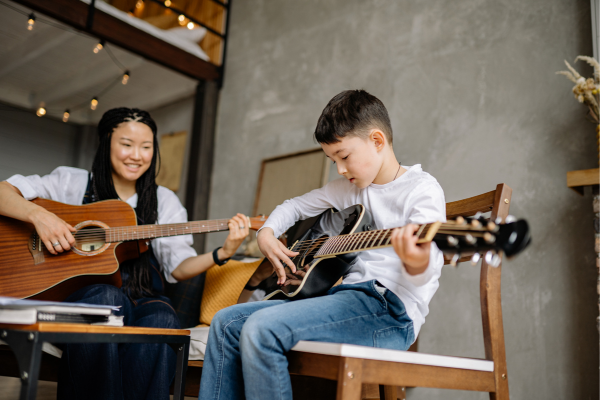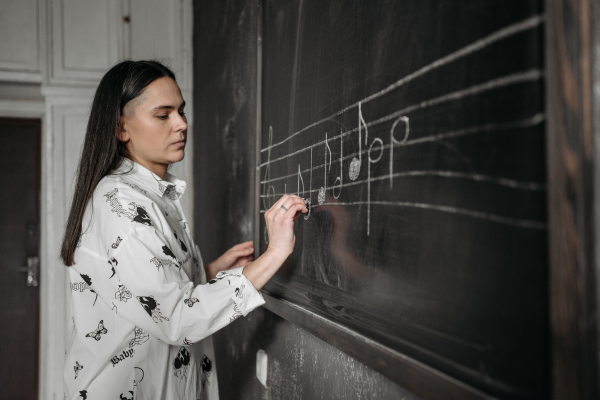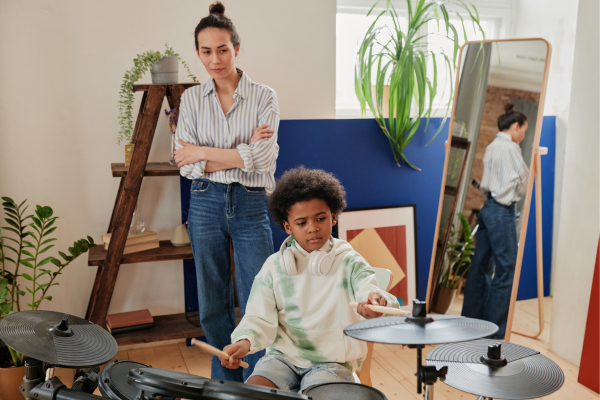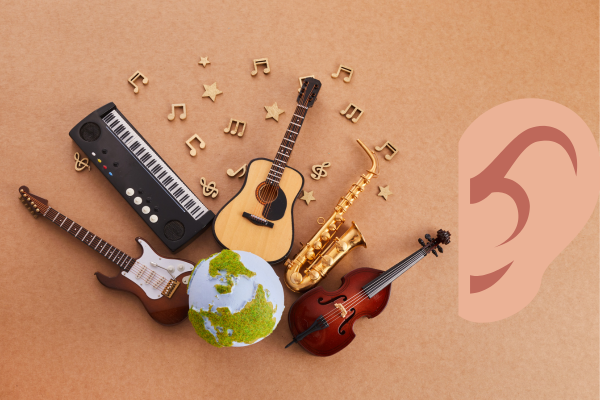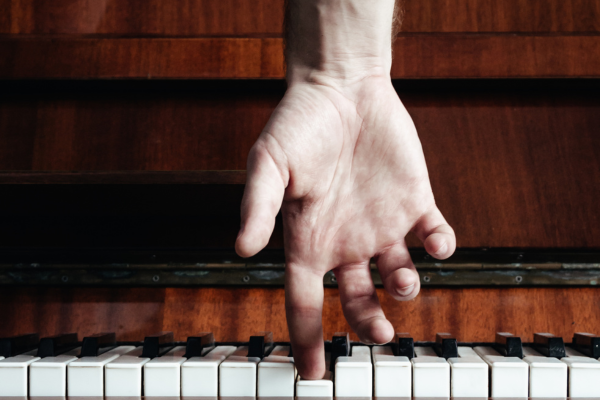How to Develop Expressiveness in Your Music Playing
Playing music is more than just hitting the right notes—it’s about expressing emotions, telling a story, and creating a connection with the listener. Expressiveness is what makes a performance engaging, transforming a simple piece of music into something powerful and moving. Many beginners focus only on accuracy and speed, but expressiveness is just as important. … Ler mais


